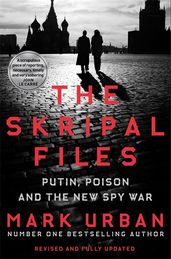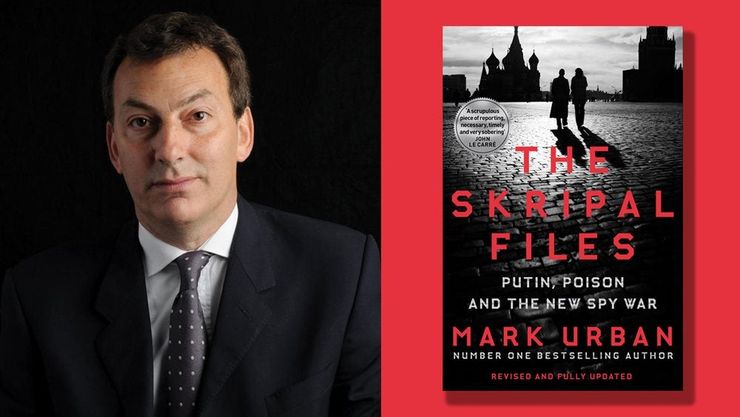Synopsis
The Skripal Files tells the full story behind the Salisbury Poisonings, one of the most shocking incidents to occur in Britain in recent memory. Broadcaster and historian Mark Urban interviewed Sergei Skripal in the months before the poisoning and explains why Skripal was targeted for assassination.
'A scrupulous piece of reporting, necessary, timely and very sobering' – John Le Carré
Chosen as one of the best political books of 2018 by the Sunday Times.
4 March 2018, Salisbury, England.
Sergei Skripal and his daughter Yulia were enjoying a rare and peaceful Sunday spent together, completely unaware that they had been poisoned with the deadly nerve agent Novichok. Hours later both were found slumped on a park bench close to death.
Following their attempted murders on British soil, Russia was publicly accused by the West of carrying out the attack, marking a new low for international relations between the two since the end of the Cold War.
The Skripal Files is the definitive account of the Salisbury Poisonings and how Skripal’s story fits into the wider context of the new spy war between Russia and the West. The book explores Sergei's past as a spy in the Russian military intelligence, explains how he was turned to work as an agent by MI6, and his imprisonment in Siberia. His eventual release as part of a spy-swap brought him to Salisbury where, on that fateful day, he and his daughter found themselves fighting for their lives.
Details
Reviews
Fascinating account of the poisoning case . . . Other books will follow on the Skripals, but they will struggle to match the texture of Urban’s research, its knowledgeable hinterland
A scrupulous piece of reporting, necessary, timely and very sobering
Engrossing . . . Urban tells the story of Skripal’s undercover career well, much of it previously unknown and gleaned from around 10 hours of conversations with him at his Salisbury home
Based on his extensive interviews with Skripal, provide an original and often fascinating read on the games that spies played in the wake of the Cold War


